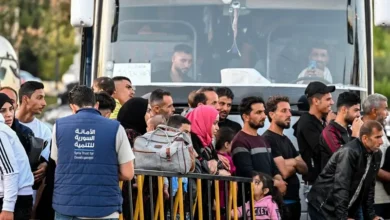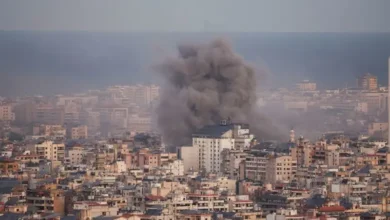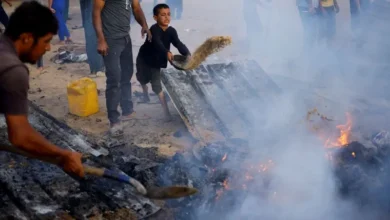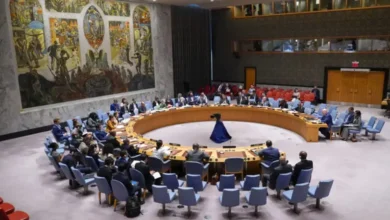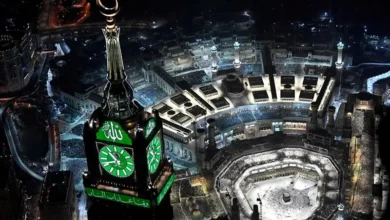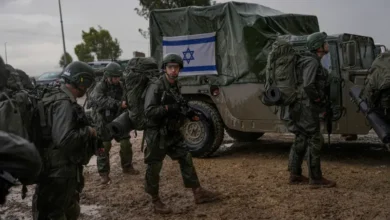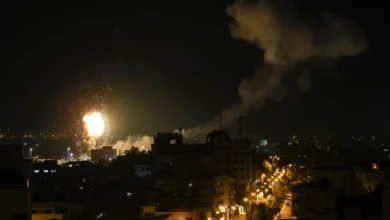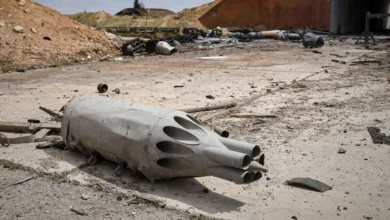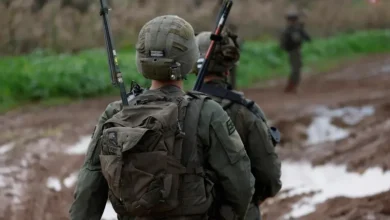‘Living to death’: Poet Mosab Abu Toha on Gaza’s trauma, one year on
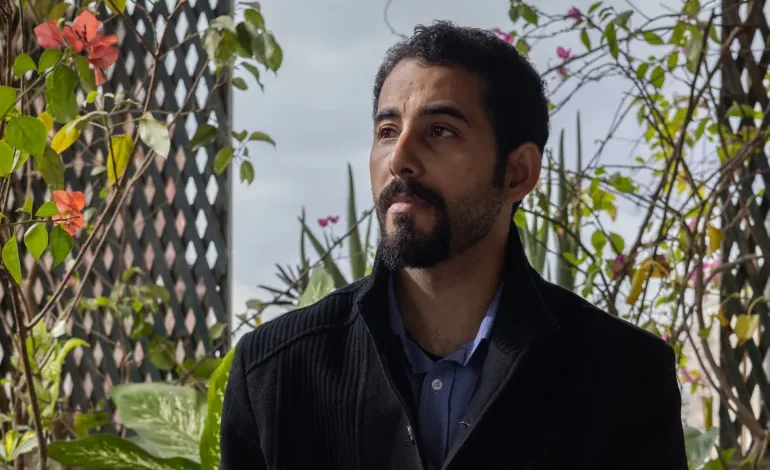
“If you live in Gaza, you die several times,” writes Mosab Abu Toha in his new collection Forest of Noise: Poems, which comes out on October 15 – eight days after the first anniversary of the beginning of the war.
I ask the poet – whose work has been lauded for its heart-rending, vivid descriptions of life under Israeli occupation – to elaborate.“I wouldn’t call it a new life,” he says, explaining that it feels like part of him is still back in Gaza with the loved ones he left behind. “But it’s good to have food – not for me, but for the children. If I were in Gaza I would have to wait in line for four hours – just like my other friends and family members are now – to get water for my children to drink. Here I can go to the shop and get them ice cream, which is something.”
Abu Toha tells me that the lives of his three children have been marked by violence.
“My youngest son – who is four years old – knows what war means,” he explains. “He knows what an aircraft means. Knows what a bomb means. An air strike. An explosion. What a drone means. What an F-16 means.”
He describes how during an air strike as his daughter desperately sought to hide from the incoming bombs, his six-year-old son attempted to shield her with a blanket – “the only thing he could do to protect his sister”. In Forest of Noise, Abu Toha portrayed the scene in the poem My Son Throws a Blanket Over His Sister, writing:Our backs bang on the walls
whenever the house shakes.
We stare at each other’s faces,
scared yet happy
that so far, our lives have been spared.
“Children are not learning how to paint, how to colour, how to ride their bikes,” he tells me. “Children are not learning to live – they are learning to survive.”
This struggle for survival in Gaza – and the all-too-frequent inability to do so – is at the core of Abu Toha’s poetry.
In “Under the Rubble” he describes the death of a young girl whose “bed has become her grave” after her home was destroyed by an Israeli air strike. With hundreds of thousands of homes razed in Gaza – often entombing those inside – such cases are common.
What a Gazan Should Do During an Israeli Air Strike lists the practical and impractical actions one must take as the bombs fall, from turning off the lights and staying away from windows, to packing essentials in a backpack, to putting a bit of soil from the balcony flower pot in your pocket. Soil is symbolic of the ongoing displacement of Palestinians, and their desire to hold onto whatever land they can.
